Before I even get into the list – or maybe number 0 on this list is – celebrate! Congratulations on making it to Uppsala University! You’re in for a time full of new experiences, learnings, excitement, and fun!
I remember how I felt when I stepped off my flight; I was so nervous, and there was a feeling of exhilaration making its way up my throat, making me feel like if I spoke, I’d speak in the language of freshly opened soda bottles. Coming from India, a country that is so different from Sweden in every aspect, the drive from the airport to Segerstedhuset felt surreal. But I don’t think you need to be from a very different country to soak in all the differences – simply having a feeling or a voice inside you, telling you that what you’re doing is so new and life-changing and beautiful is all that it takes to make the move special.
That being said, let’s get into the list of things to do once you’ve reached Uppsala!
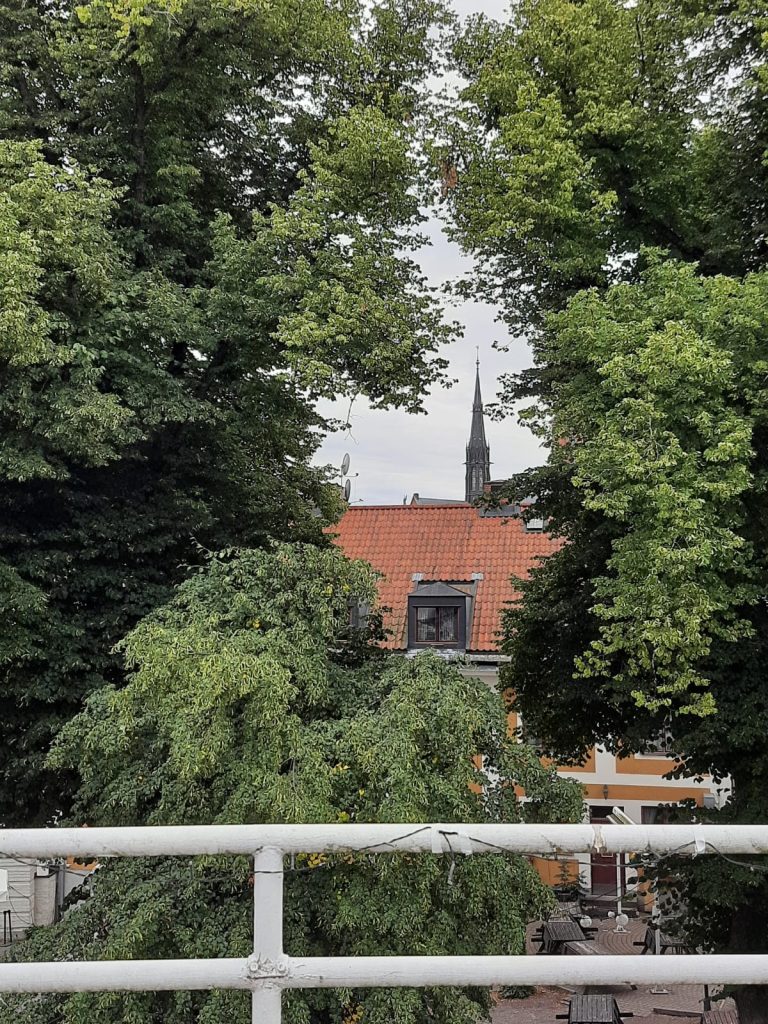
1: Unpack
I know unpacking seems like such an obvious thing to do when you’re moving to a new university, but I also know that many of us tend to leave the hefty job of unpacking for later. I did at least, and most of my room was taken up by half-opened suitcases with clothes and things spilling out.
Trust me, and unpack as soon as possible. Put things away, give things a place they belong to, make your room a home. As exciting as new places can be, they can also feel daunting and un-homely, so the sooner you unpack and make your room truly your own, the better!
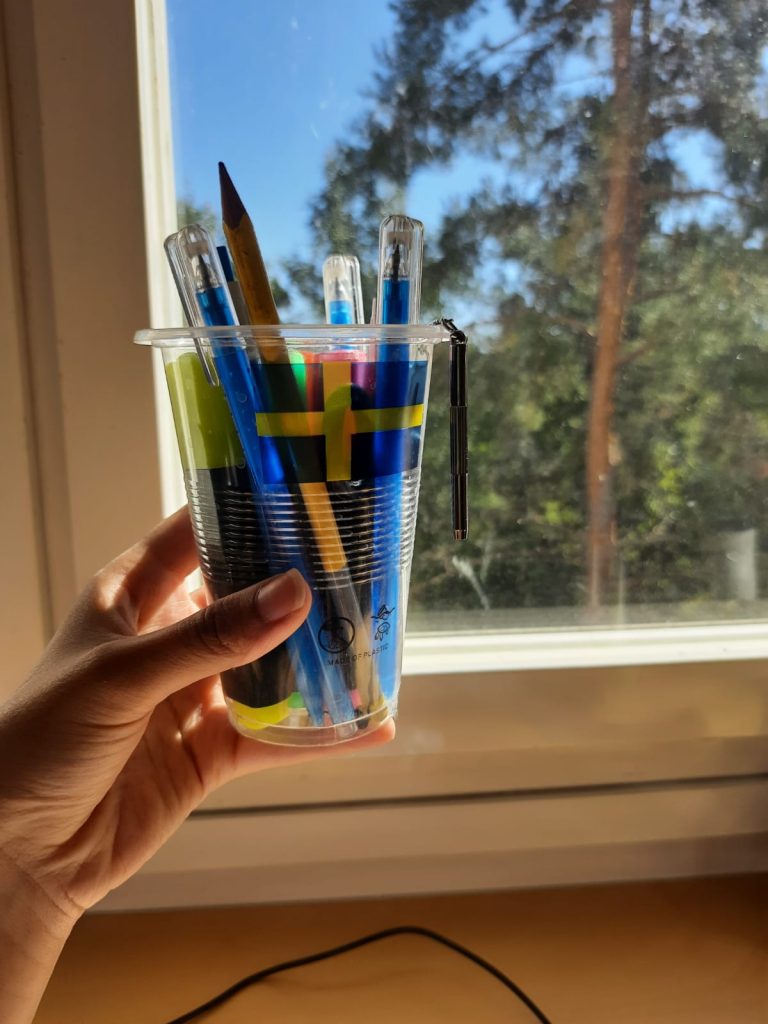
2: Get yourself a sim card.
I know that a lot of you that are from Europe might not need a new sim card, but for those of you that are not from Europe, I’d recommend getting a new sim card for your phone. It’ll allow you to stay connected to your family, your academic faculty, and all necessary groups until you figure out how to set up your wi-fi.
I knew I needed an RJ-45 cable and a router, and since I didn’t want to go through the hassle of being without the internet when I arrived, I got those from home. But, as luck would have it, my router wasn’t compatible and it was a stressful couple of hours until I got myself a sim card with data.
3. Get to know your neighbours!
If you have neighbours, or if you’re living in a corridor and have corridor-mates, head out and try to get to know them. If they’re new, you can plan to explore the city together, and if they’ve been there a while, ask them for help with settling in – where is the nearest grocery store? Is that the one where you get the best deals? Where can I find food that will remind me of home? Do you think I need a bike? Where do I buy one? How the hell do I turn on the shower? (Apparently, there’s a little knob under the sink that you turn and it makes the water go from the tap to the showerhead, who would’ve thought?)
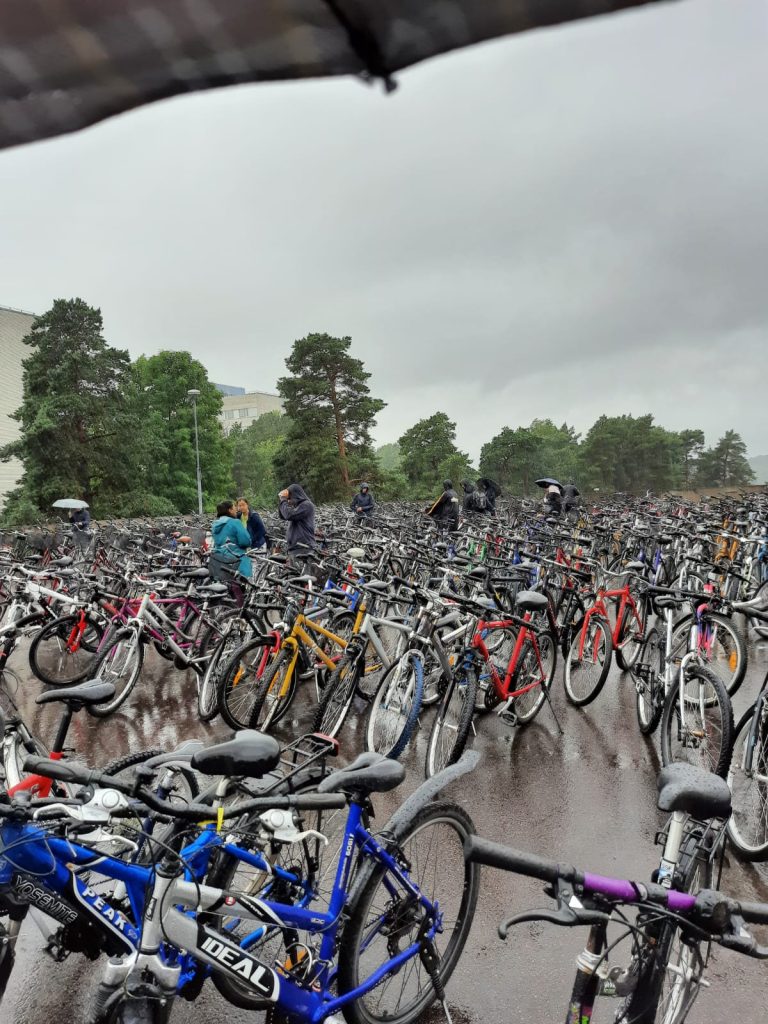
4. Familiarise yourself with Swedish grocery stores and prices.
One thing that really surprised me in Sweden was the lack of a fixed price. In India, we have MRP which is the maximum retail price an object can be sold for, so things are manufactured with prices on them and they will be sold for that price. Sweden has no such fixed price, and prices for things change with every grocery store. So, head to a couple of grocery stores in your area, and get a feel for the prices. Pick one that best suits your needs (or pick multiple, for different items each). This will also help you make a budget later on, if that’s something you’re interested in.
Also, it takes a while before your brain stops converting everything to the currency you’re used to, but it is possible, and when I suddenly realised I wasn’t converting everything to INR I felt extremely accomplished and efficient. It’s a nice feeling. It feels very wow-I-am-living-in-a-foreign-country-ooOoh.

5. Figure out where your campus is.
Not only that, but figure out how you’re going to get there, and also how much time it will take to get there through different means of transportation. Find your closest bus stop, see what number buses stop there, look for cycling paths that will take the least amount of time (but remember that the snow and the ice will make the roads slippery so take that into account when figuring out how long it will take you to cycle to class).
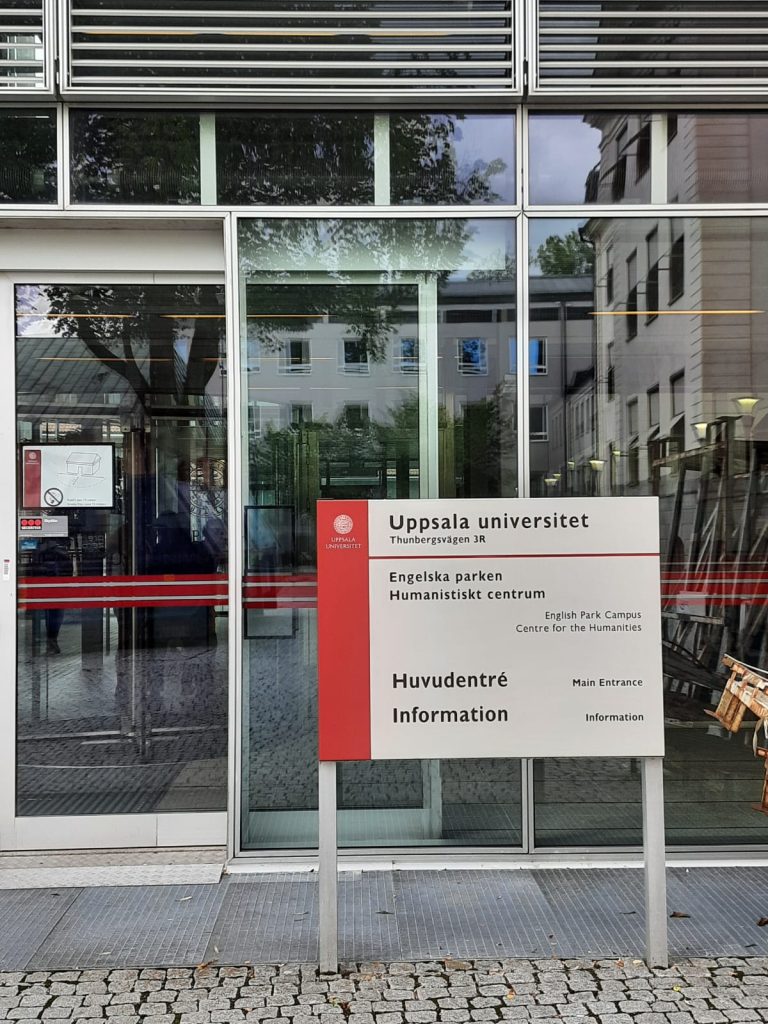
6. Make your way to IKEA
It does not matter if you have been to IKEA in your home country a hundred times. Do the stereotypical thing and go to IKEA. You’re bound to find loads of things that will help you make your room feel more homely for a good price, and if you’re not looking to buy anything, IKEA will force you to you can eat lunch there! Also, I learnt that it is not pronounced eye-kee-yah, but rather ee-kay-ah, so do with that information what you will.

7. Join a nation!
Do not forget to join a nation! Nations are a super important part of your student life in Uppsala, and joining the right one for you will make your stay here that much more fulfilling and enjoyable. Each nation has things that it is known for. Some are known for their club nights, some are known for the special deals they offer to their members on food and drinks, some for their sports, some for more mellow karaoke nights, so on and so forth.
Whether or not there is a tour of the nations being offered, go on one yourself, with your new friends. You’ll get a feel for the nations’ energies and find one that clicks best with you! Remember, you can join multiple nations.
Also, you can keep up with all the events at nationsguiden.se!
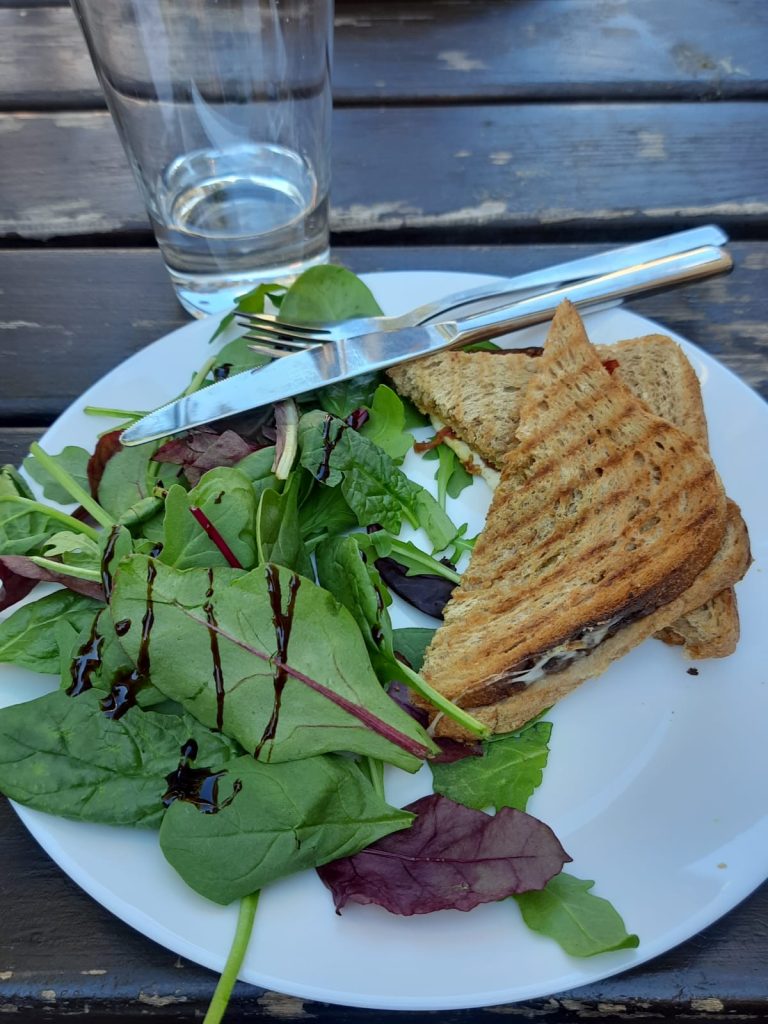
Of course, the list of things to do when you’re here is endless and your list 100% depends on you and your preferences; these are just some things I think you should do to set yourself up for a clean transition and a fresh start! Most importantly, remember to have fun and soak in all these new experiences even if they can be accompanied by hints of nervousness because there’s nothing quite like the feeling of knowing there’s so much in store for you!
Welcome to Uppsala 🙂

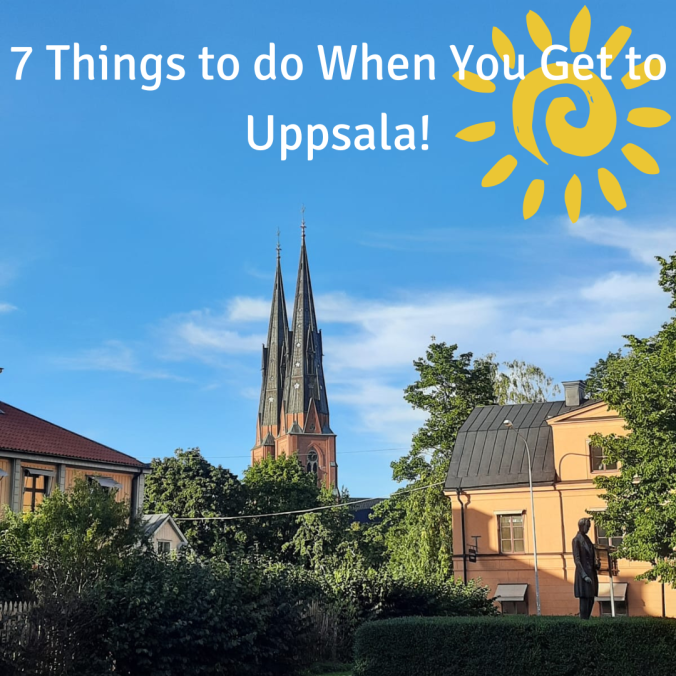
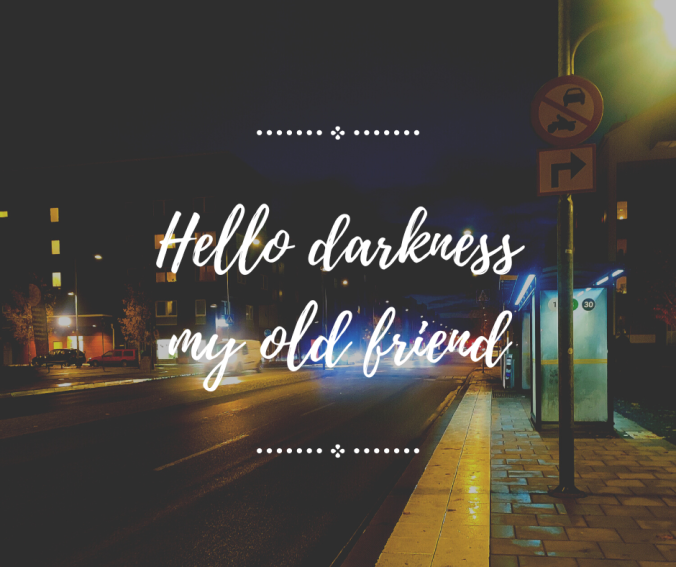
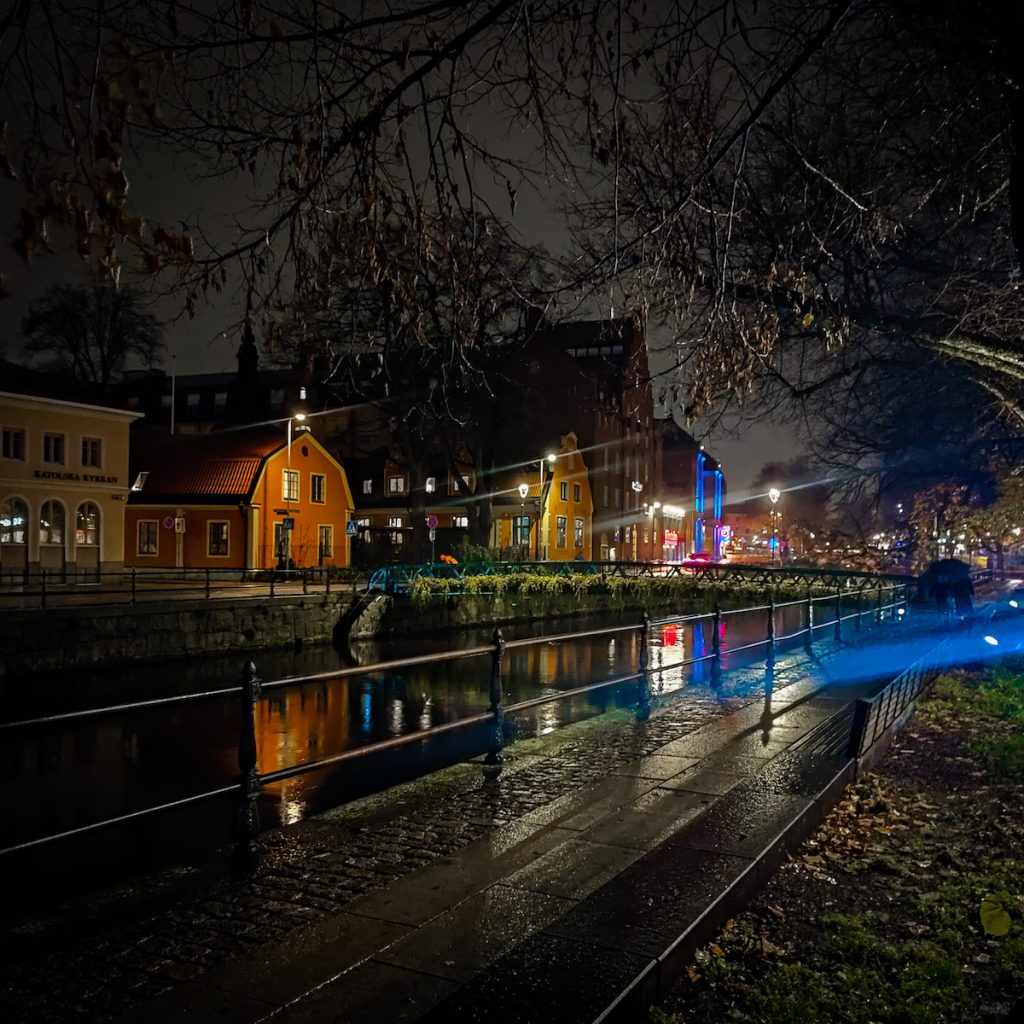
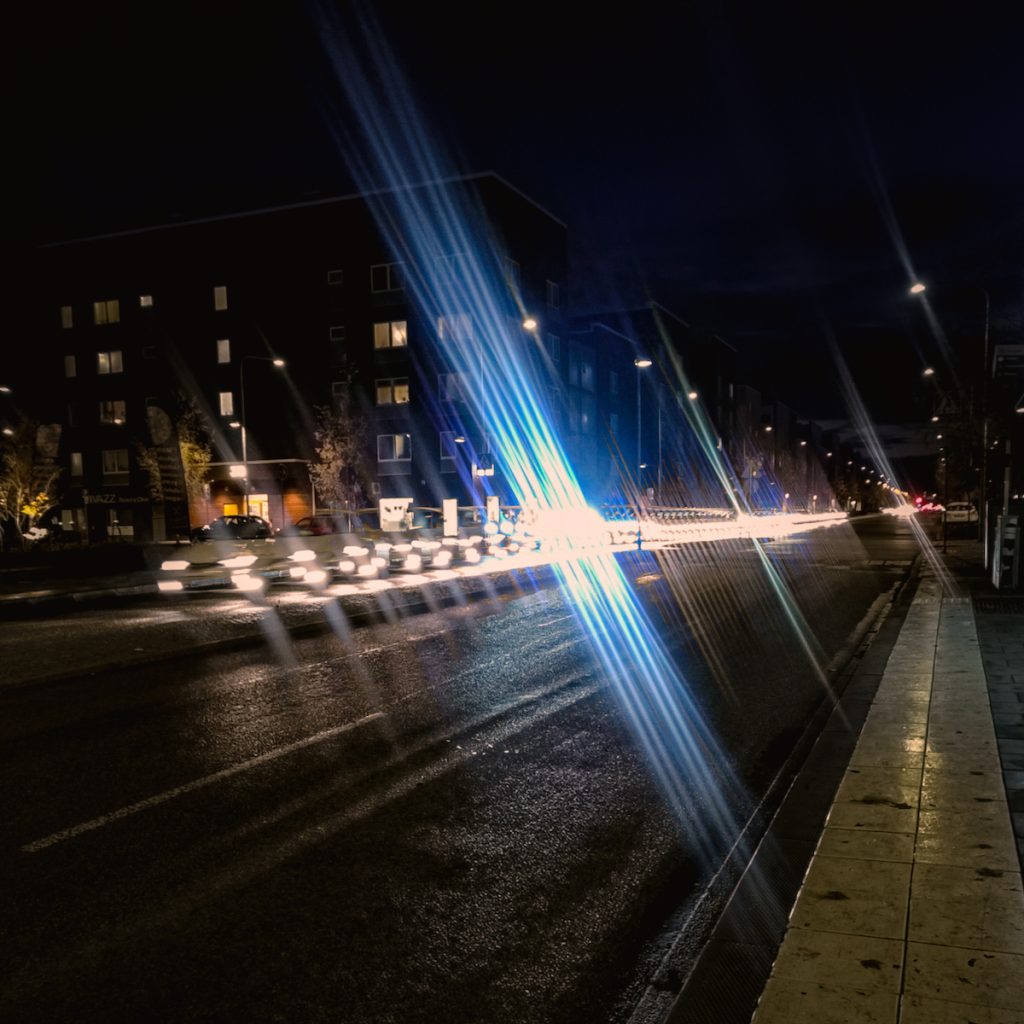
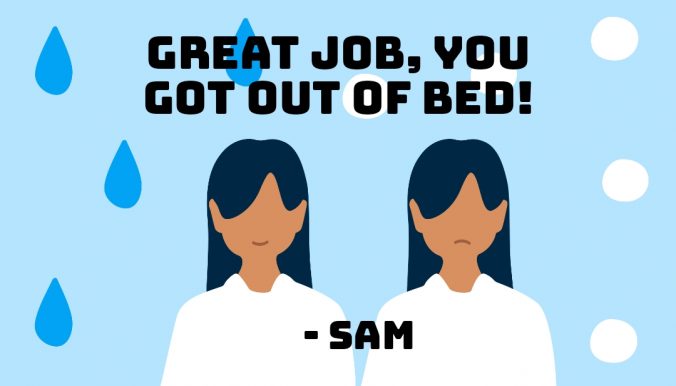
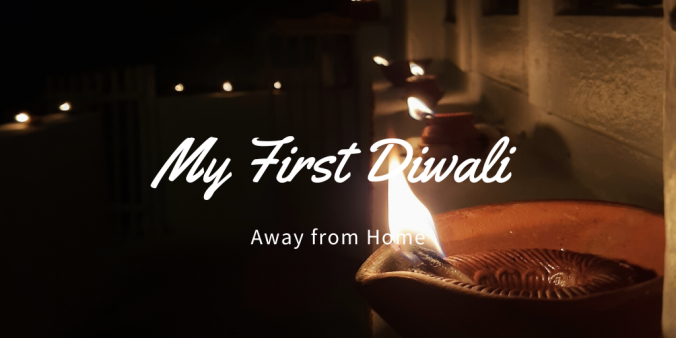
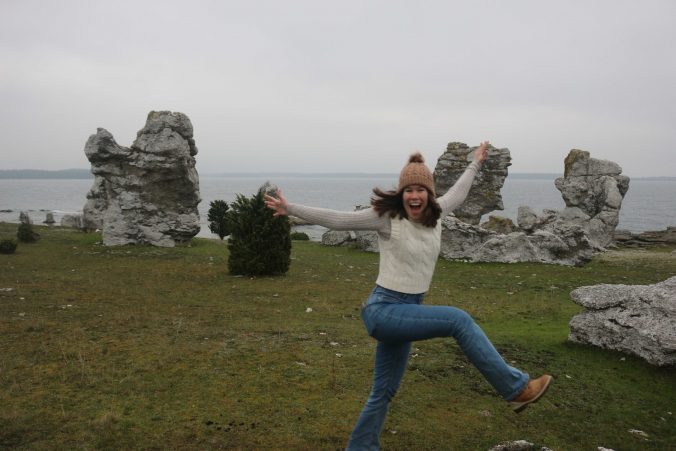
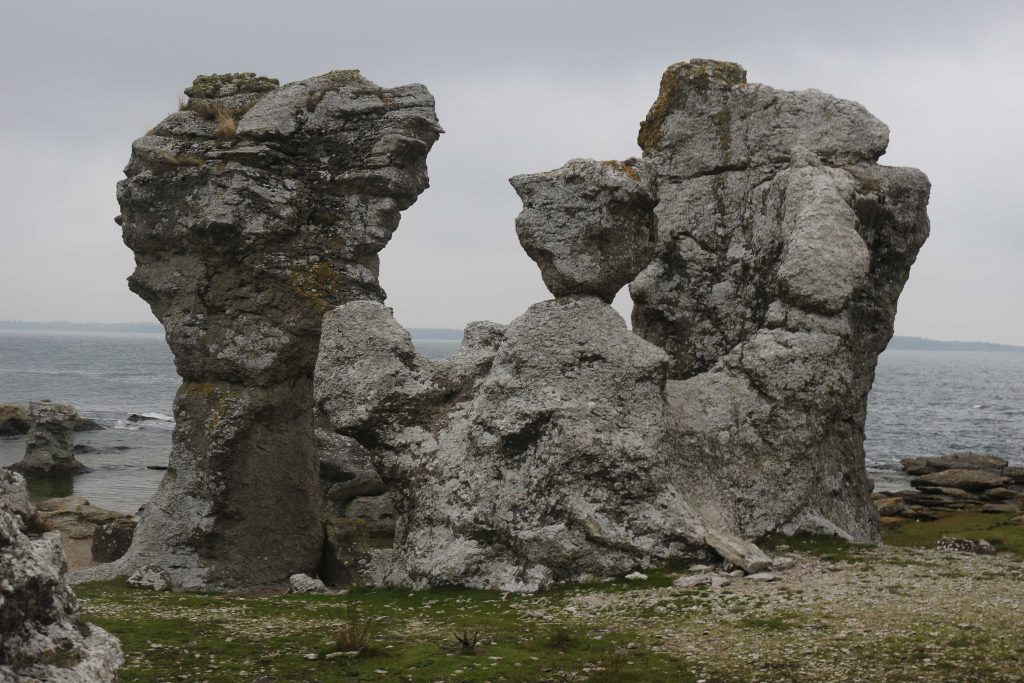
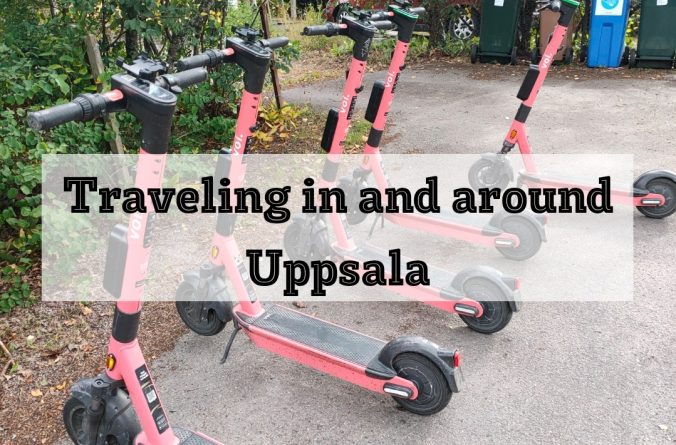
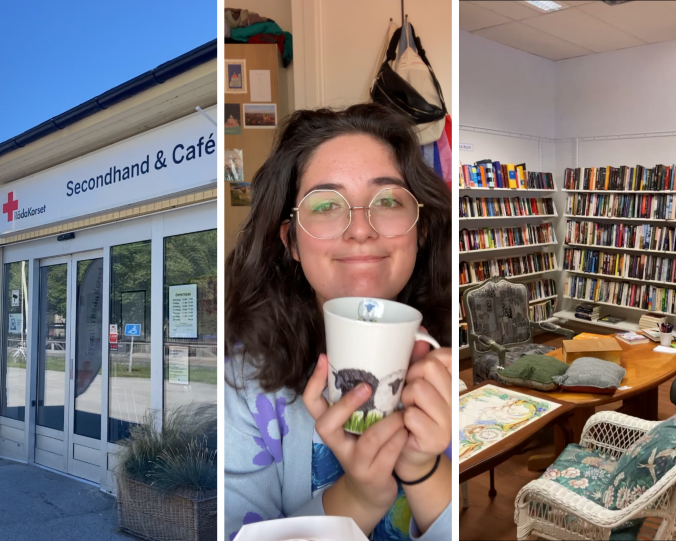
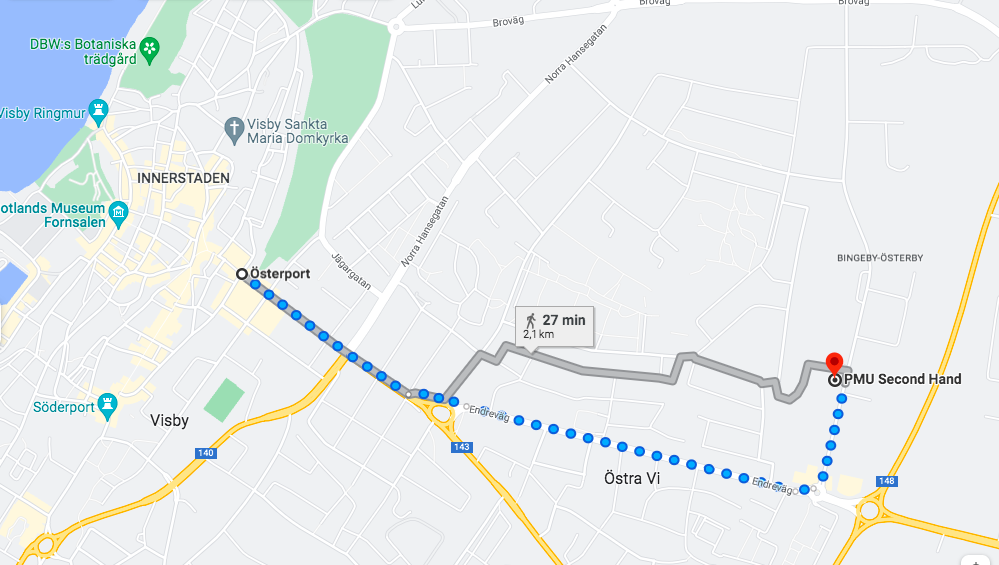
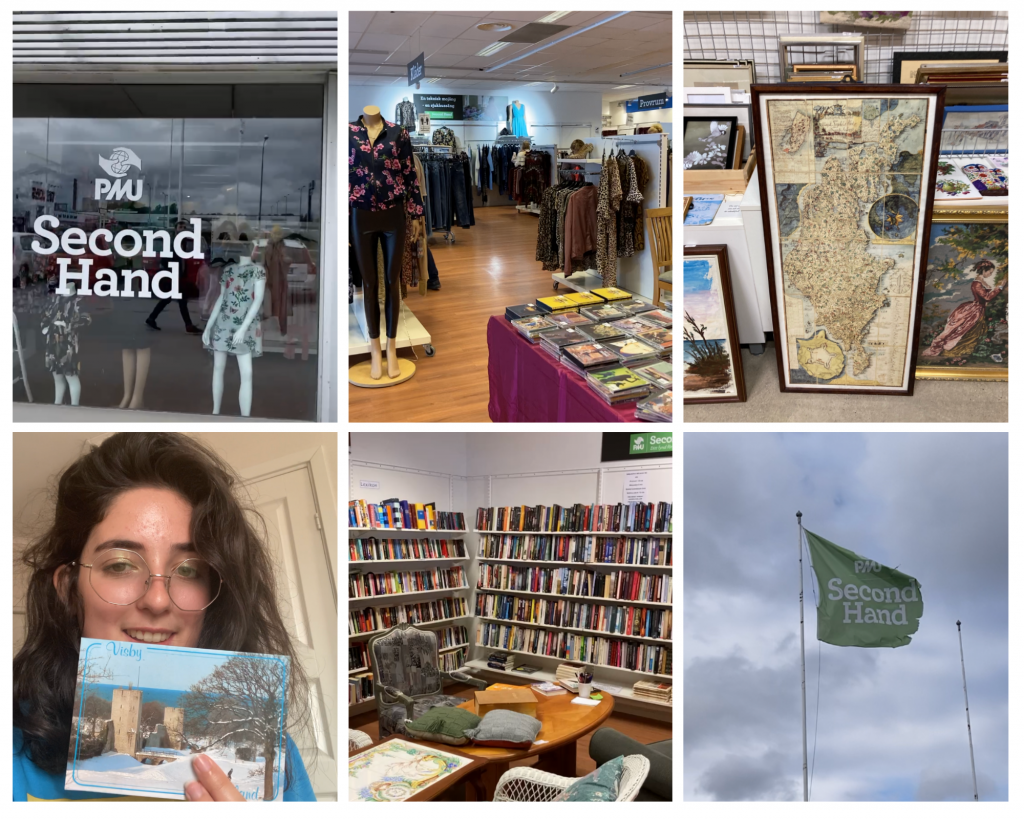
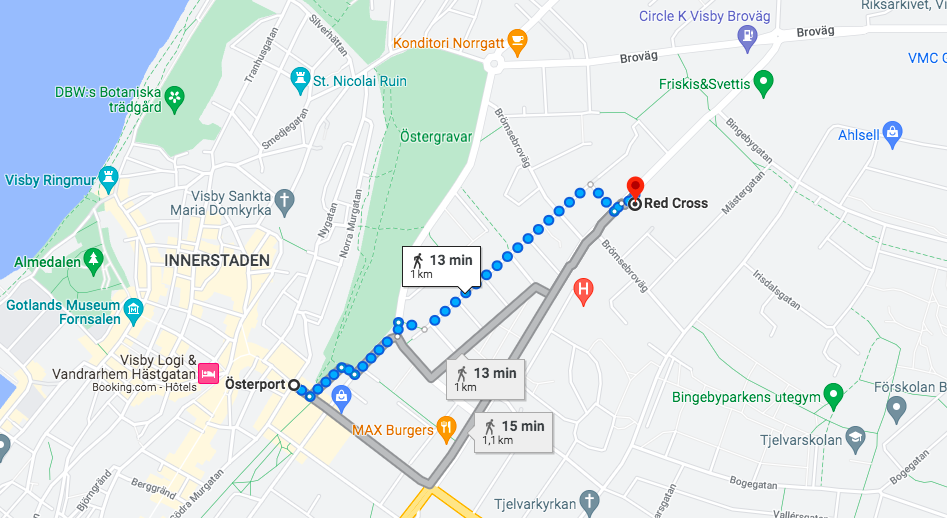
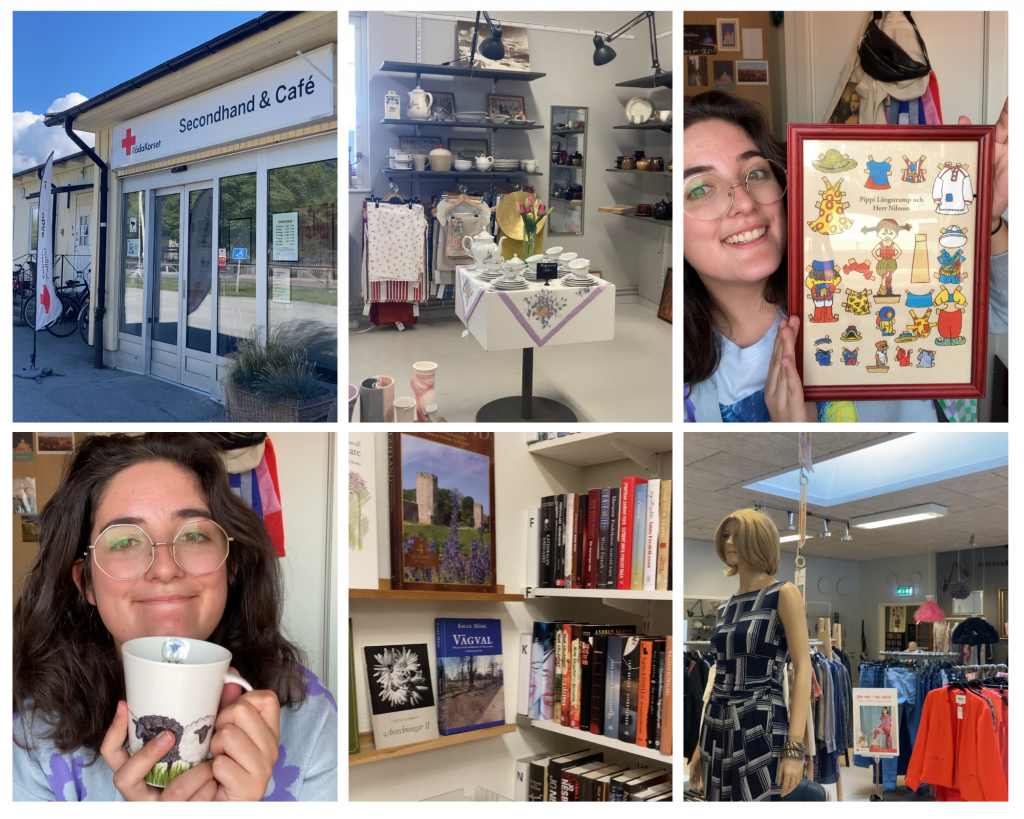
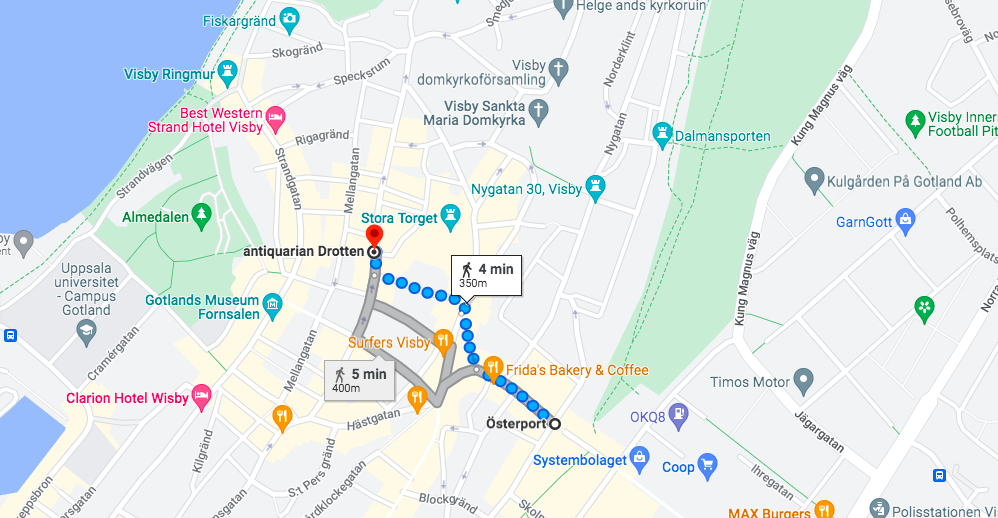
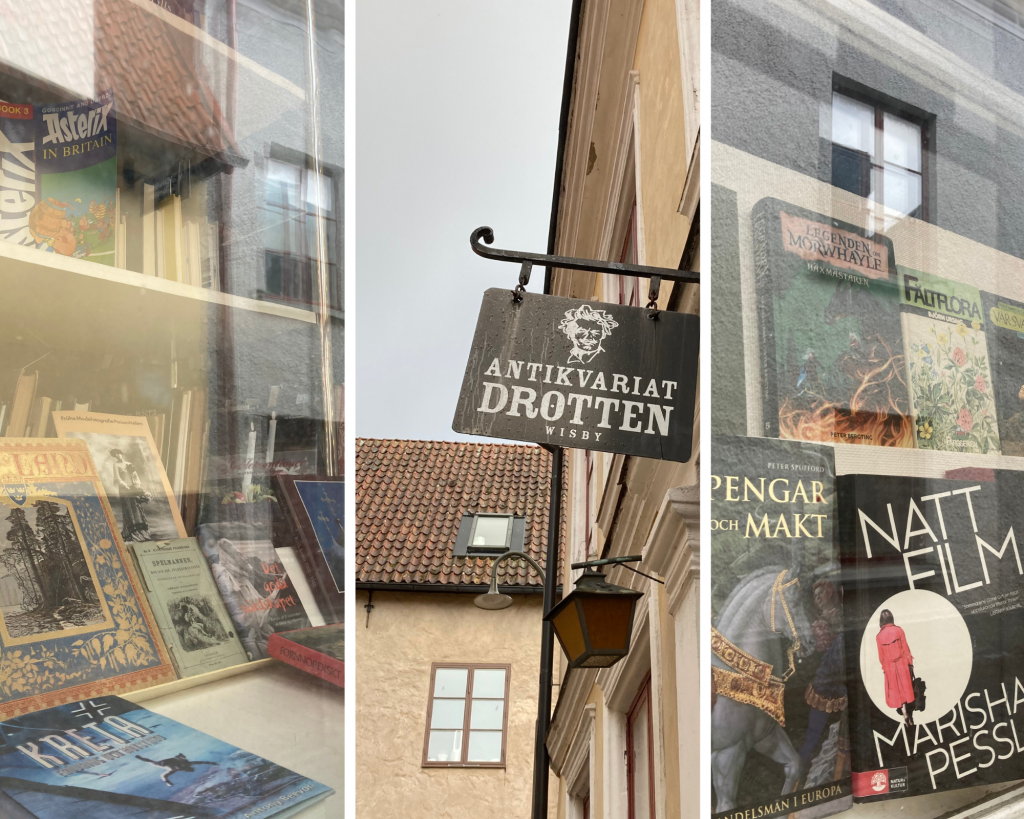
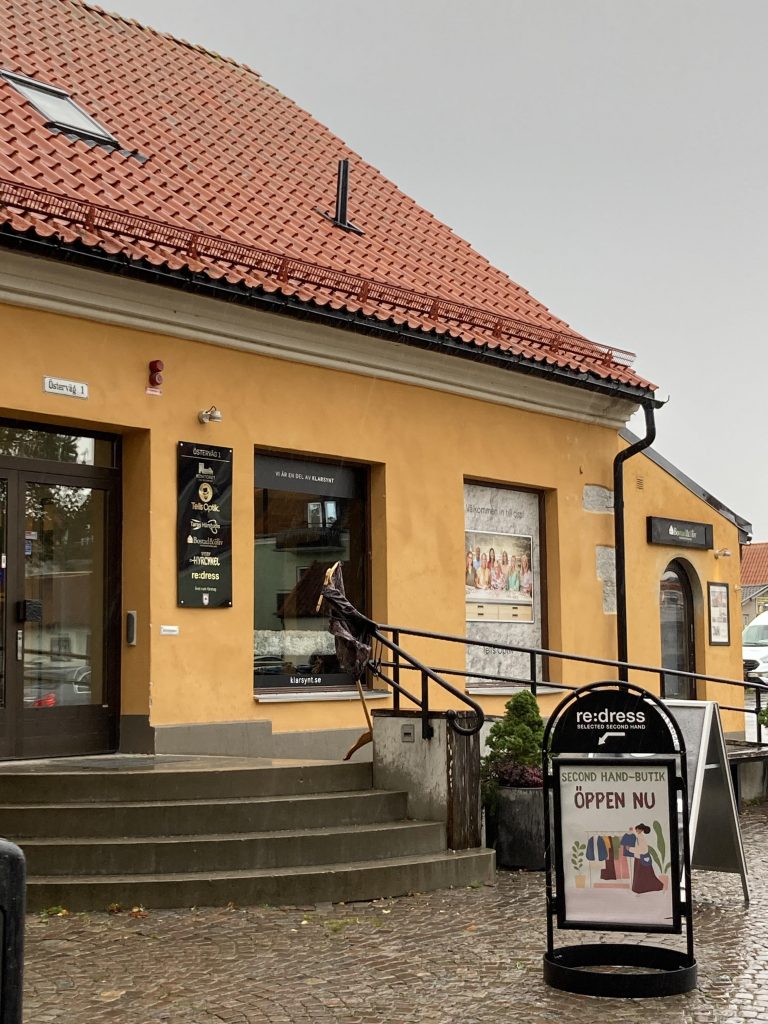
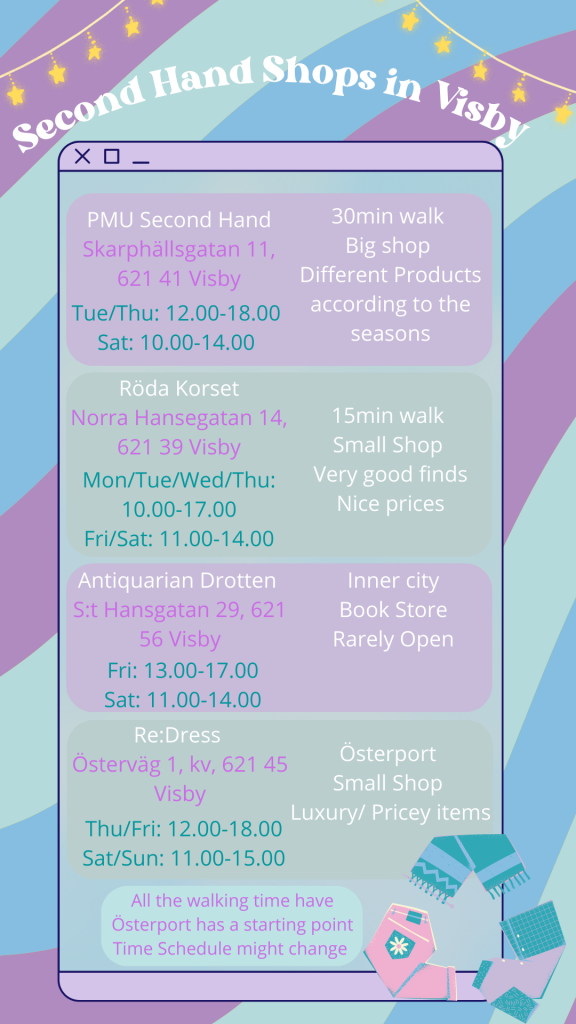
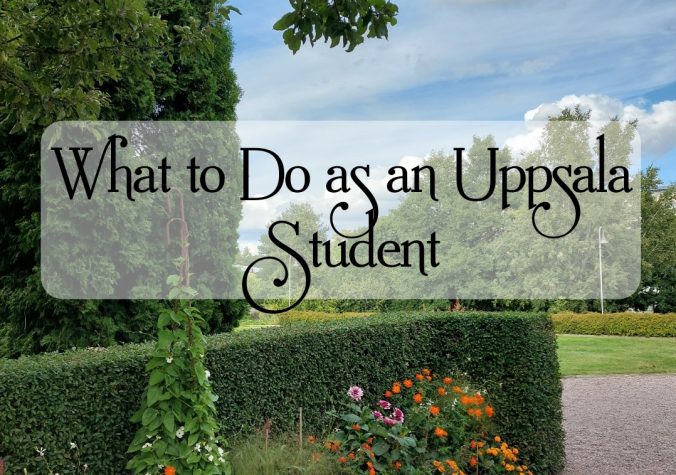
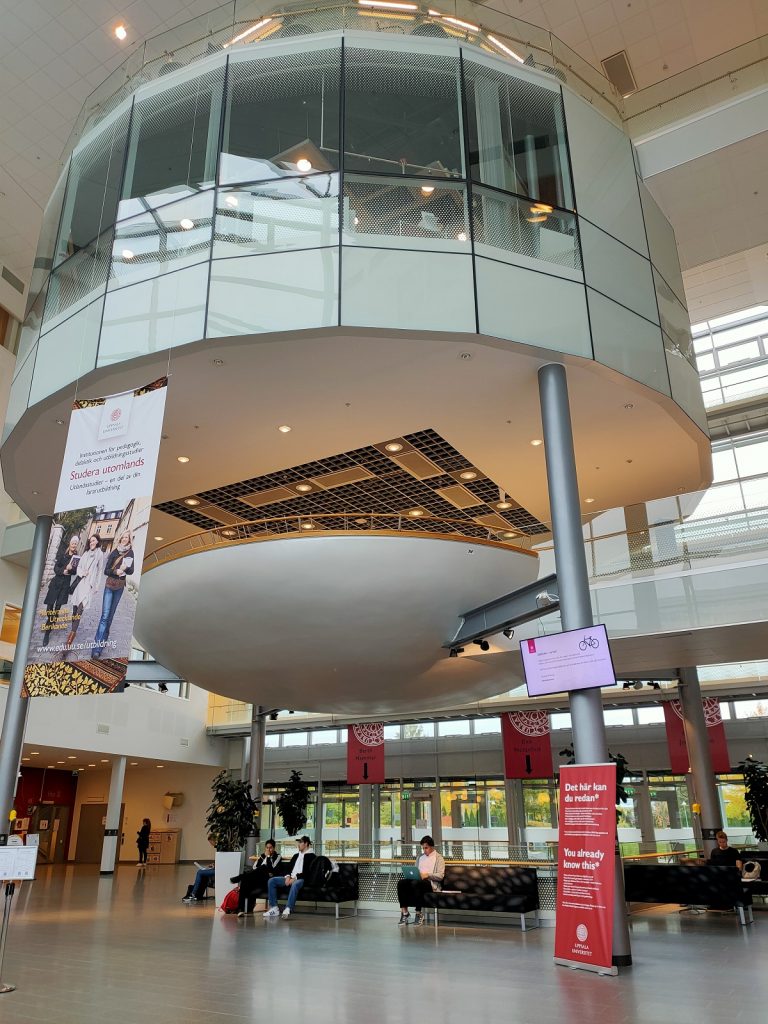
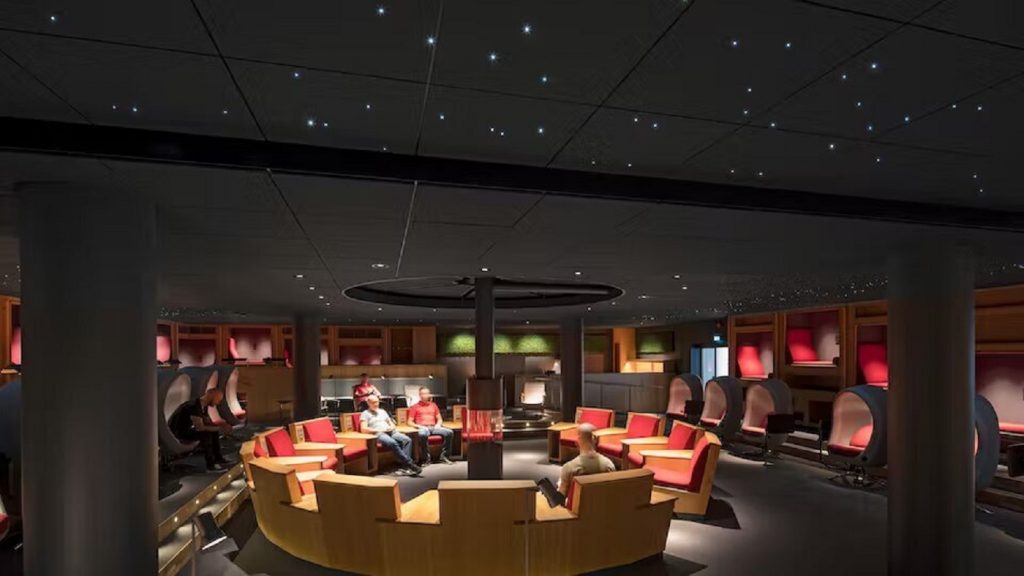
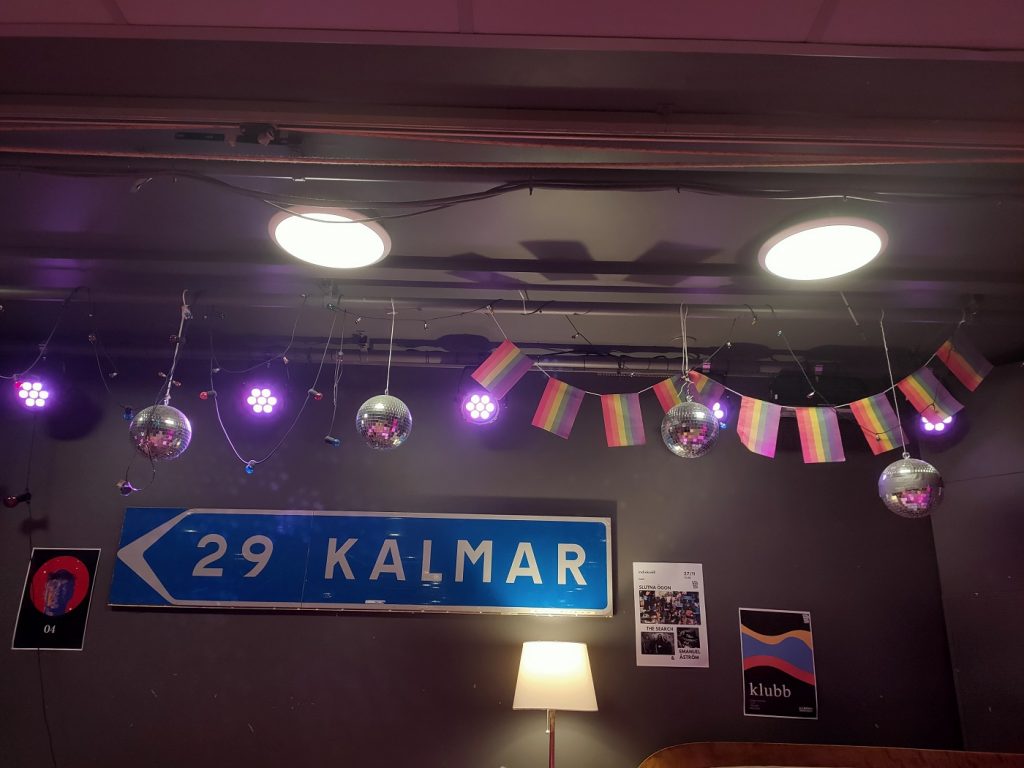
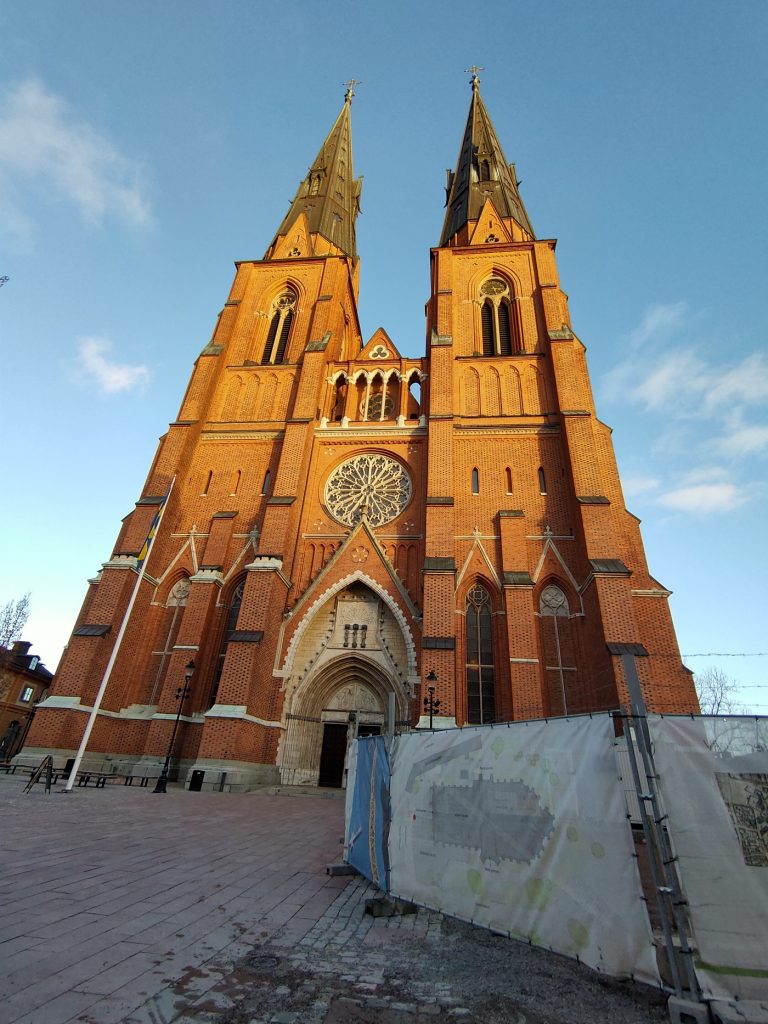
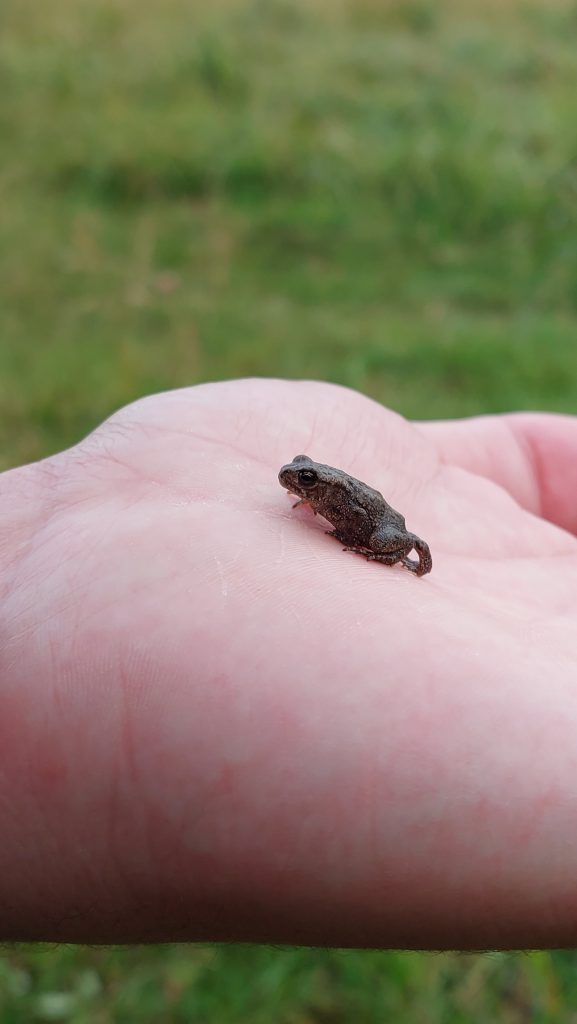
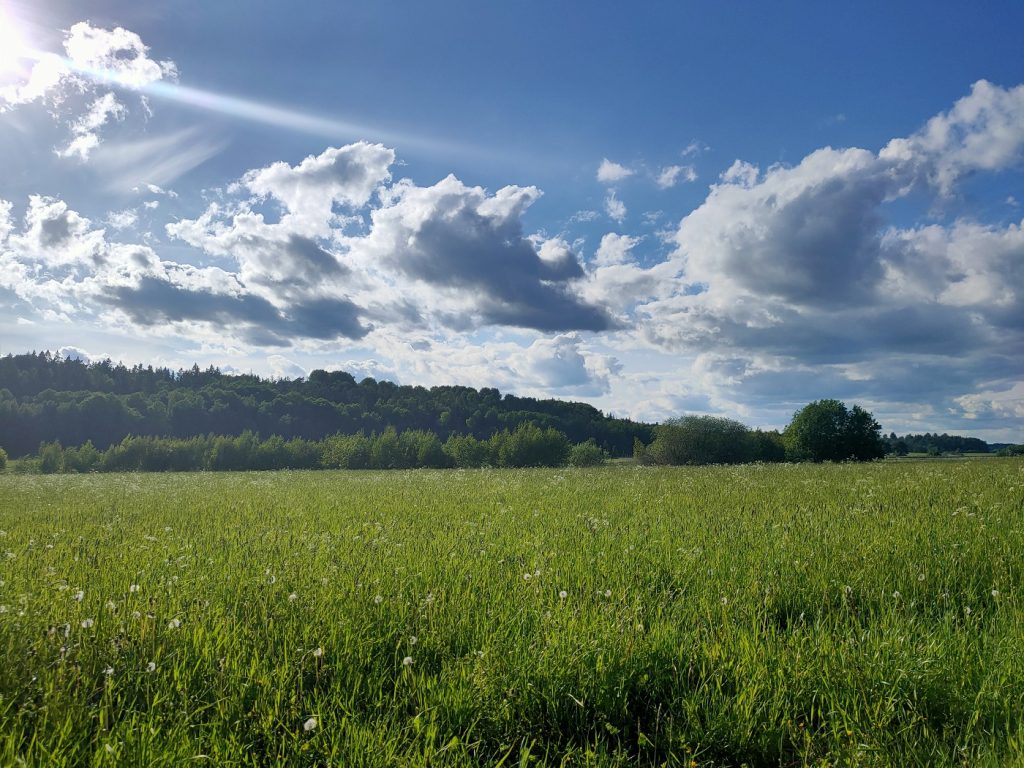
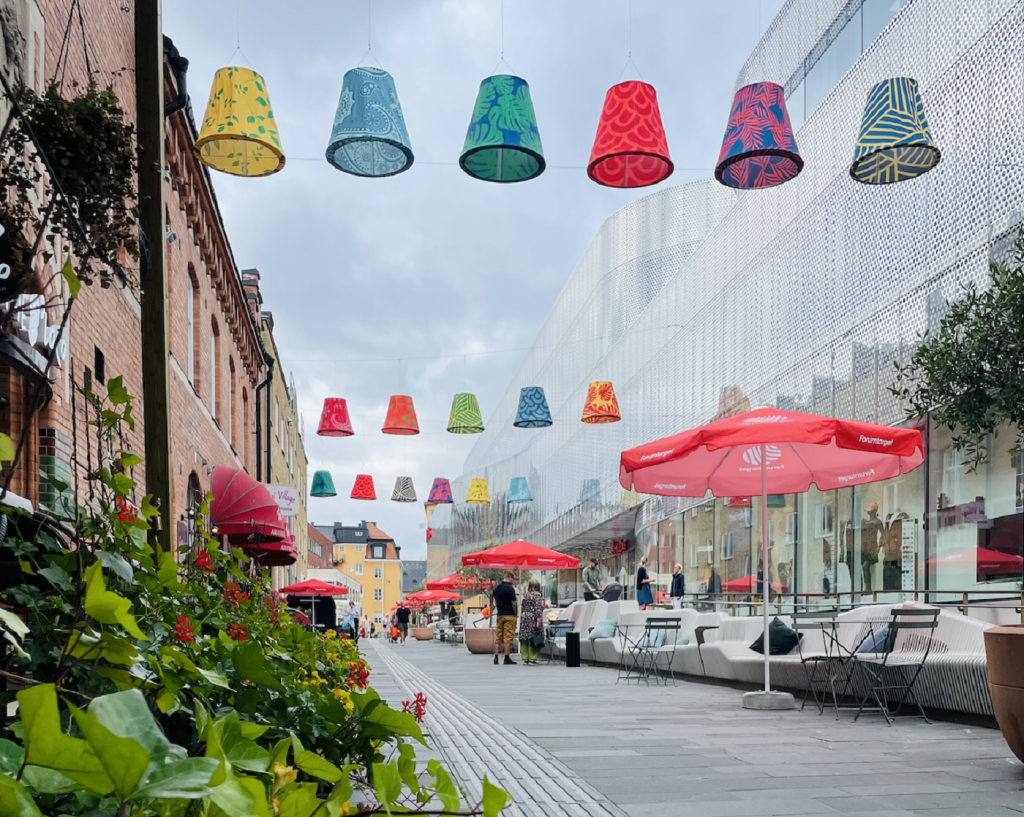
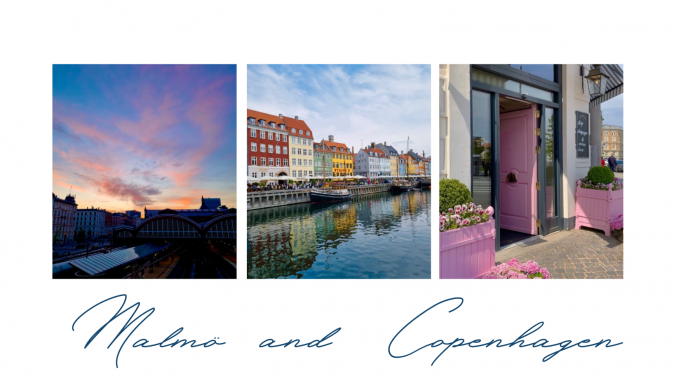
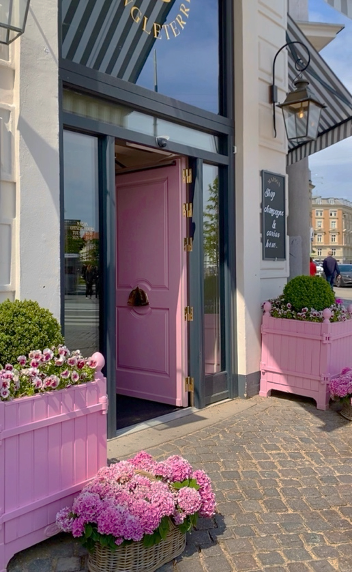


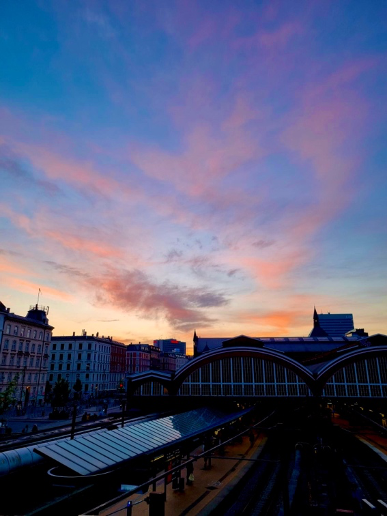


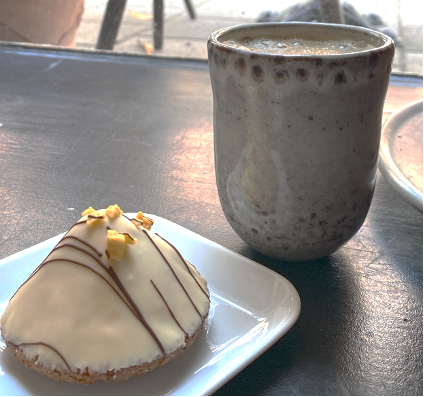
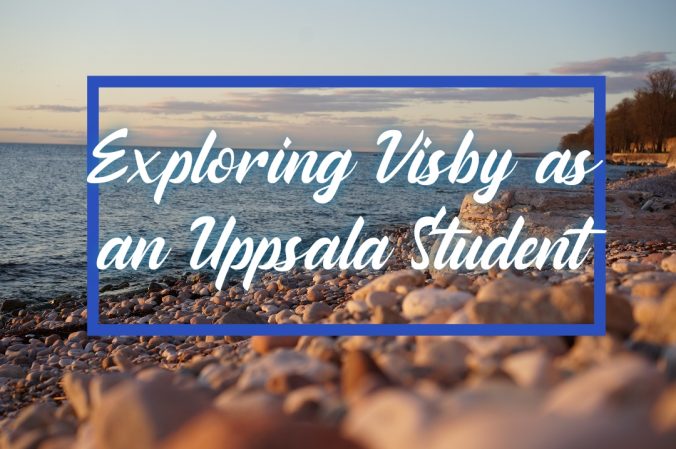
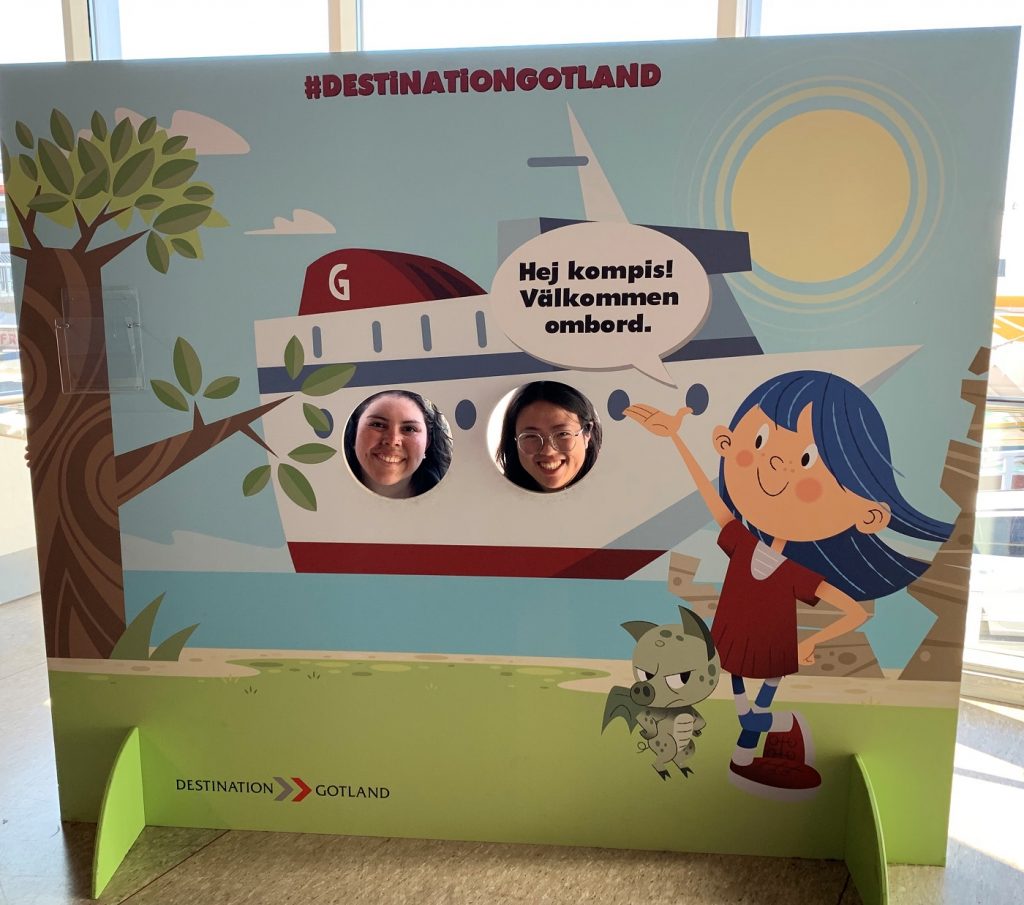
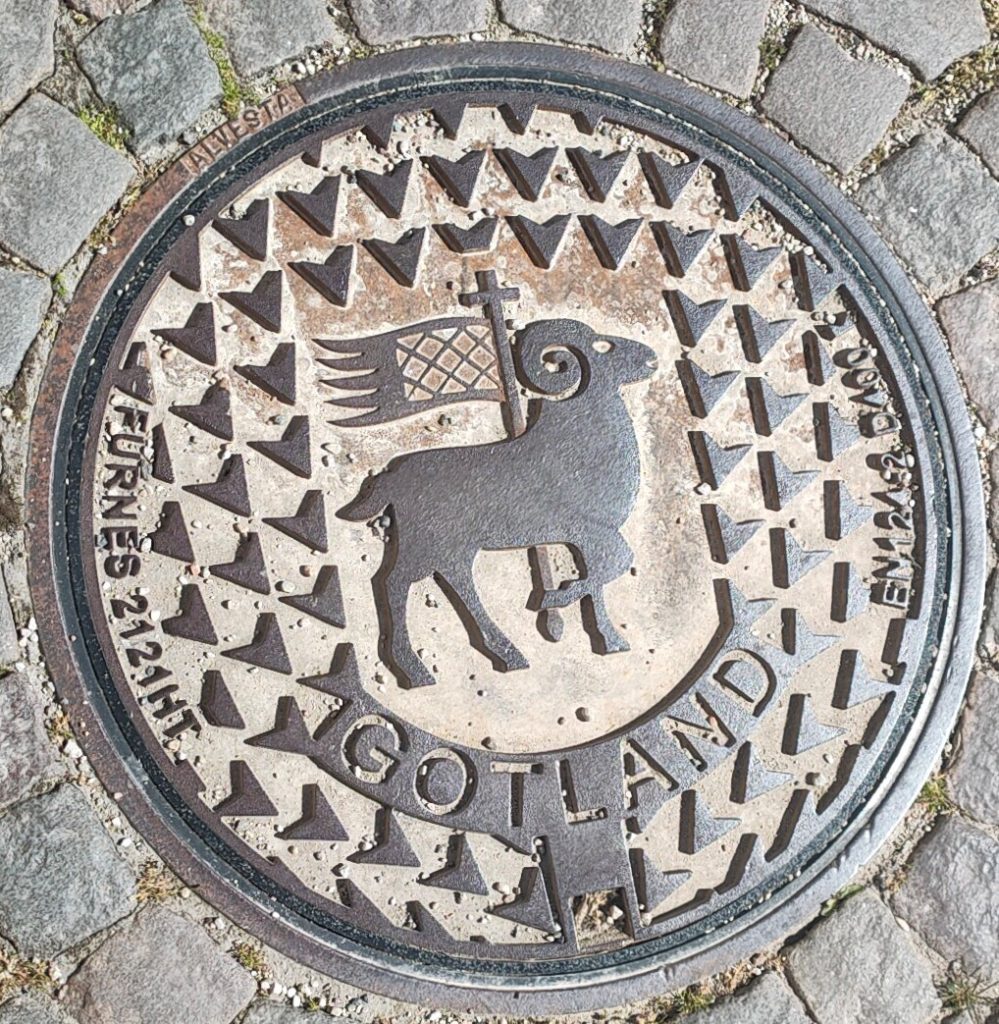
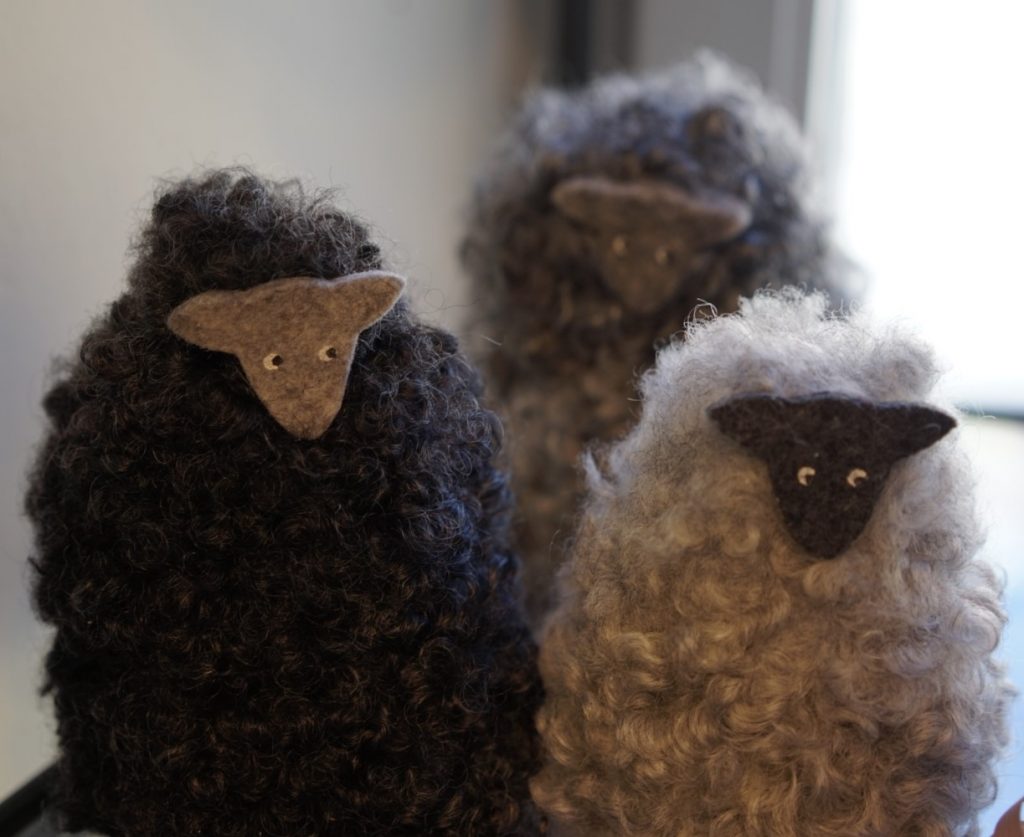
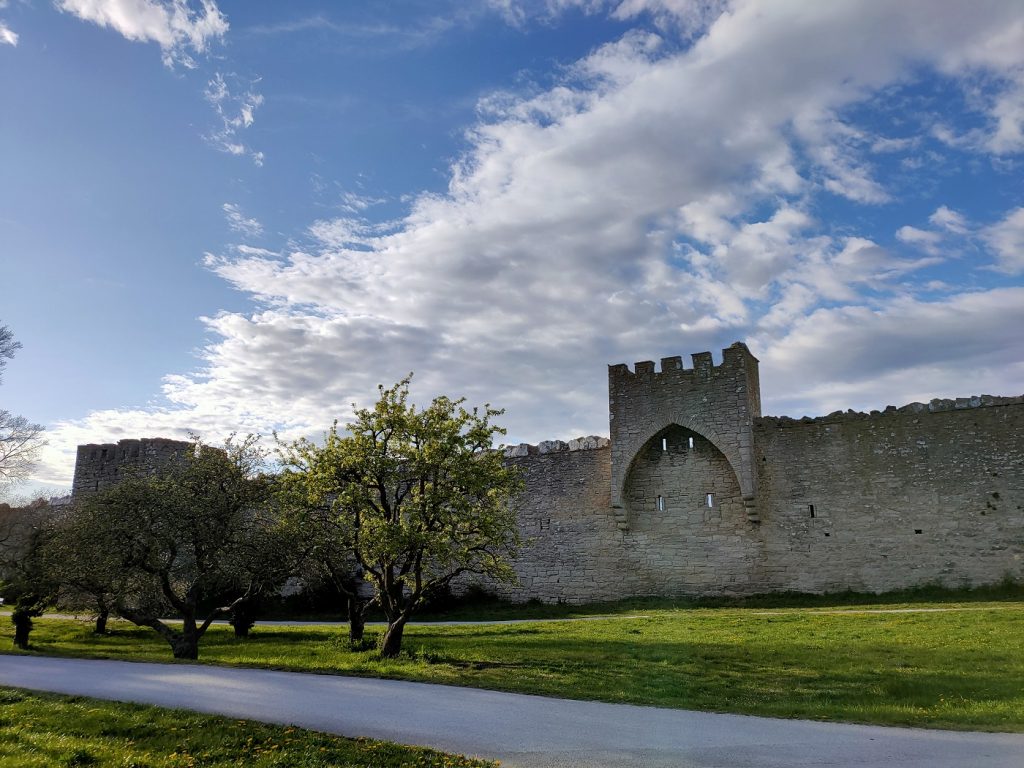
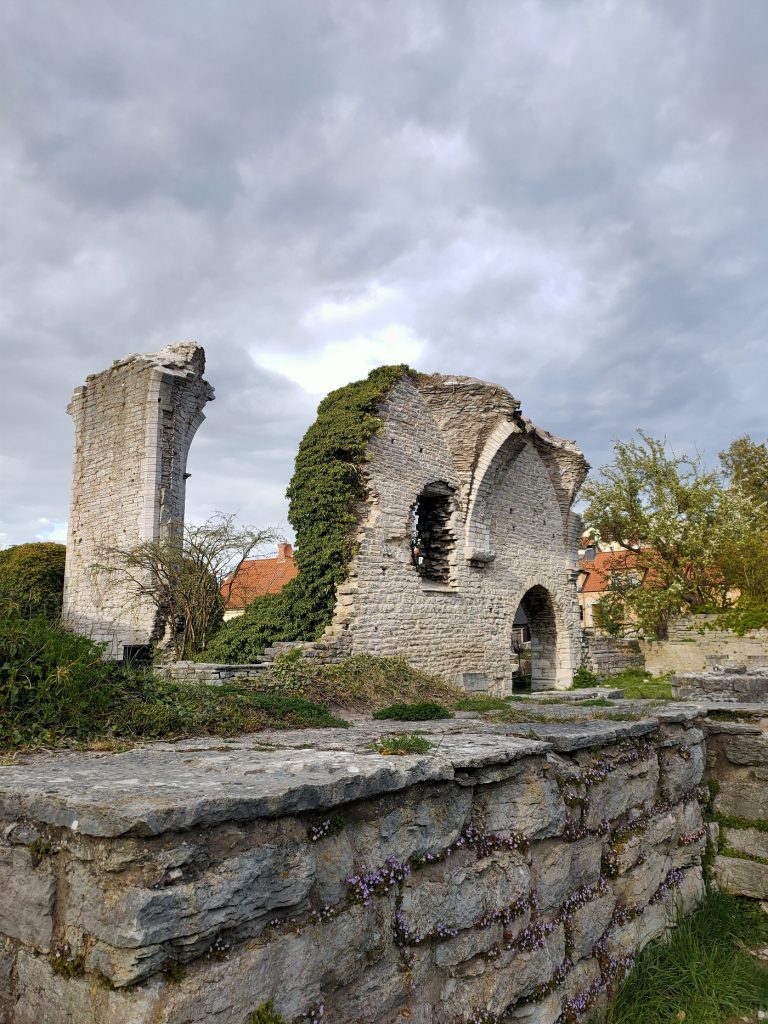
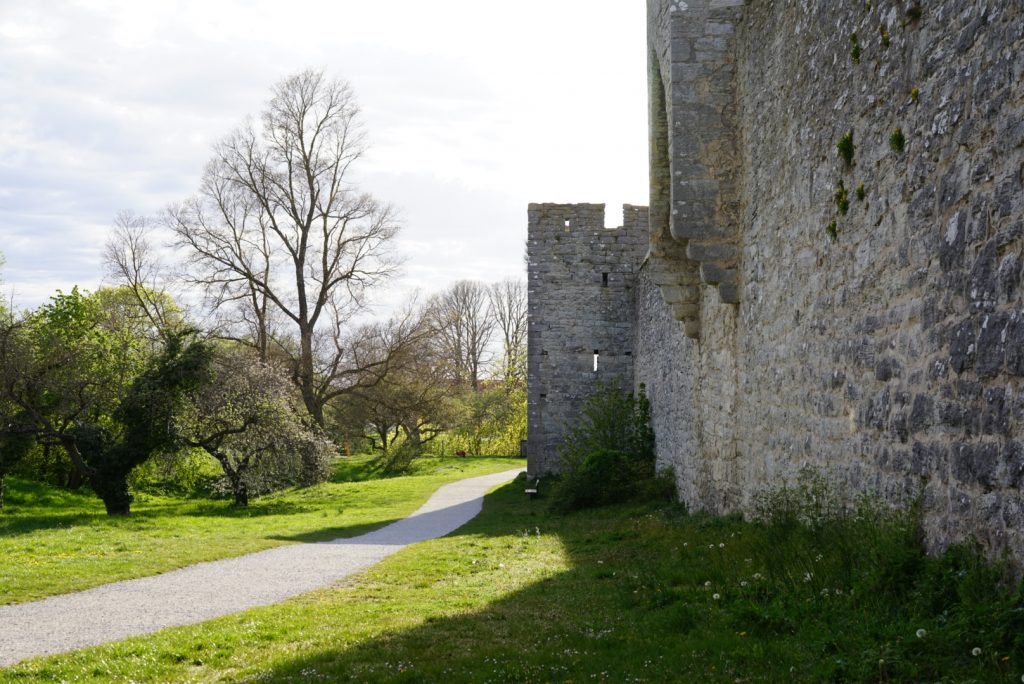
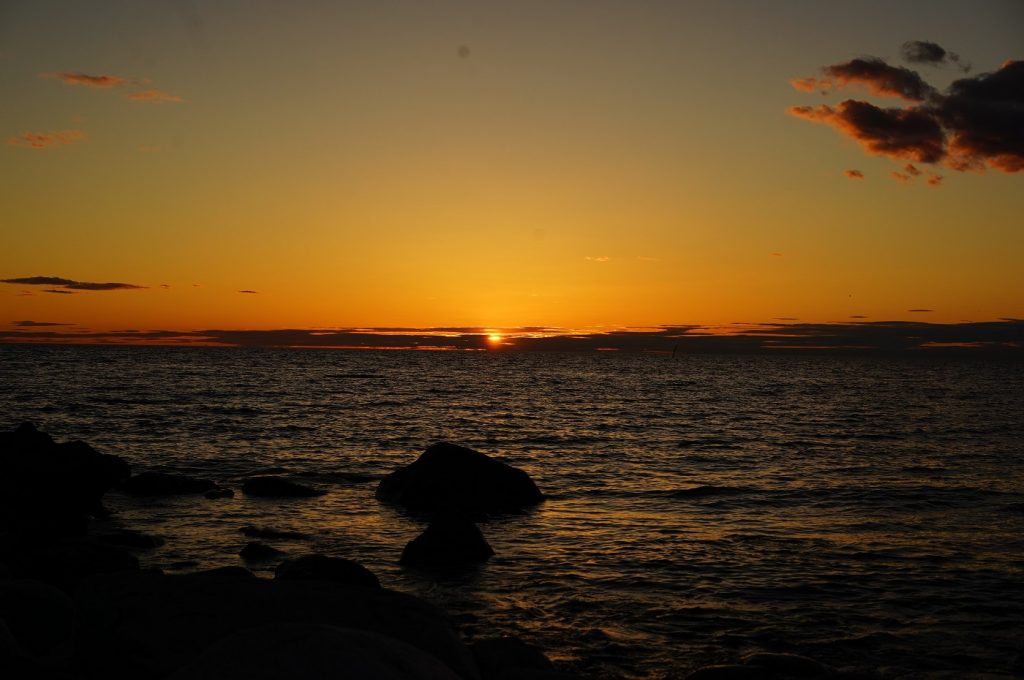
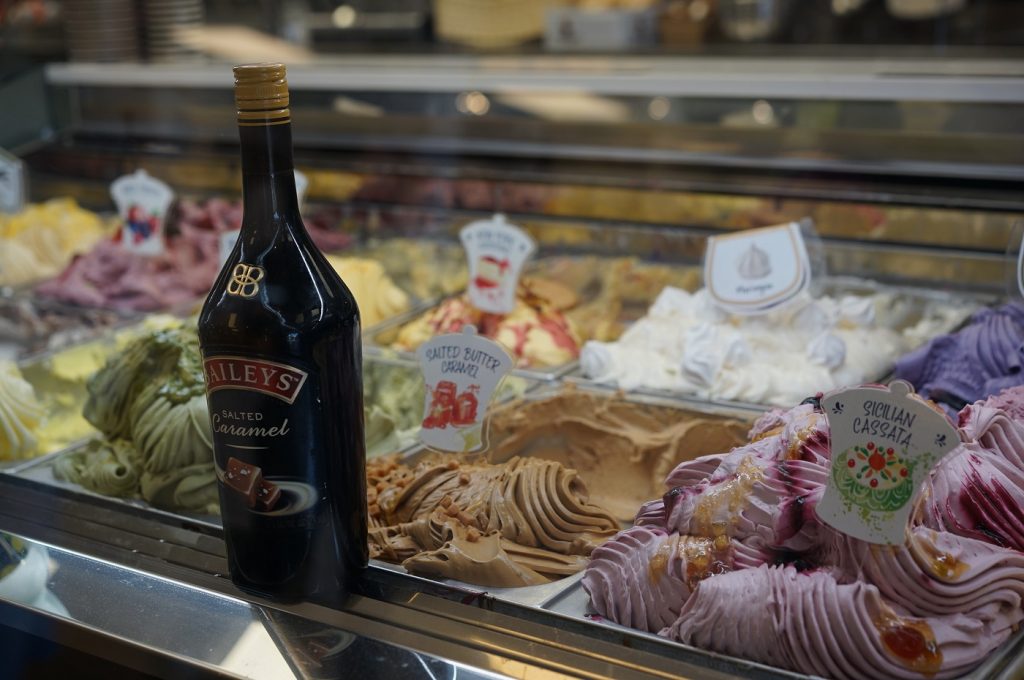


Recent Comments